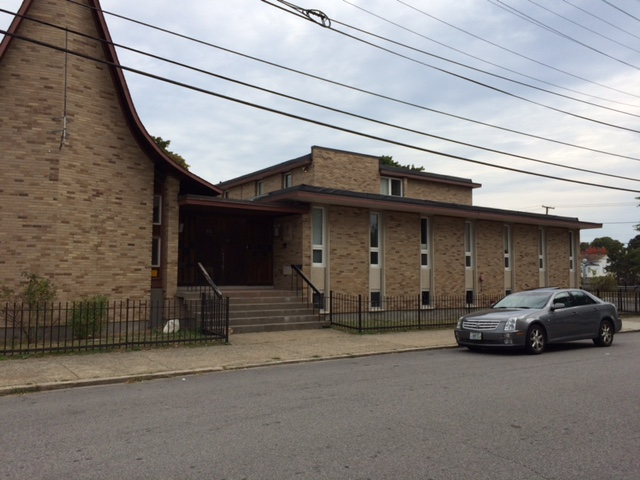
Community Resources for Justice has been awarded a contract by the U.S. Bureau of Prisons to open Rhode Island’s first federally-funded residential re-entry center that will assist individuals transitioning from prison back into their communities.
The center, located in a former convent in the Pawtucket’s Woodlawn neighborhood, will have a capacity of 25 beds for men and women moving back into communities in Rhode Island after completing a re-entry program. It will add to the re-entry work CRJ is already doing in Massachusetts, New York and New Hampshire.
Most individuals released from federal prison transition through a residential re-entry center. Completing that transition in or close to the community they will return to can make a big difference in making a successful re-entry.
CRJ currently serves individuals returning to Rhode Island in its Bureau of Prisons-contracted Coolidge and McGrath houses in Boston.
Creating opportunities for individuals to complete a re-entry program closer to their home communities offers the chance to build stronger, more lasting support networks and connections within the community, including jobs and relationships with family members.
“We’ve been serving this population in Boston, which is not ideal because it’s really hard to do good re-entry work when someone is returning to a community they’re not currently living in,” CRJ Vice President for Justice Services Ellen Donnarumma said. “We know people do better when they can re-enter in their own communities.”
The first clients are scheduled to move into the new center March 1. As in CRJ’s five other adult re-entry programs, clients in Pawtucket will receive assistance in finding work, housing, substance abuse and mental health treatment, and other key supports vital to living productive lives.
The five-year contract with the Bureau of Prisons is the result of three years of planning and hard work to obtain the property through a competitive bid and secure the federal contract.
Community leaders, including neighbors and city officials, got behind the plan early on in 2014, coming out to support CRJ’s proposal to convert the building, a shuttered homeless shelter, into a re-entry center. That community backing will also help clients coming through the new center.
“CRJ is proud of the working partnerships it forms with community leaders and neighbors for each of its re-entry centers,” CRJ President and Chief Executive Officer John Larivee said. “Early on we reached out to city officials and neighbors to explain our work and seek their input. With the opening of the center, we look forward to strengthening that cooperation and partnership.”
The center will be named the Neil J. Houston Jr. House in memory of the former executive director of the Crime and Justice Foundation, one of the organizations that later became CRJ. Houston, a native of Cranston, R.I., was a leader in criminal justice reform efforts before he was struck and killed by a drunk driver in 1987.